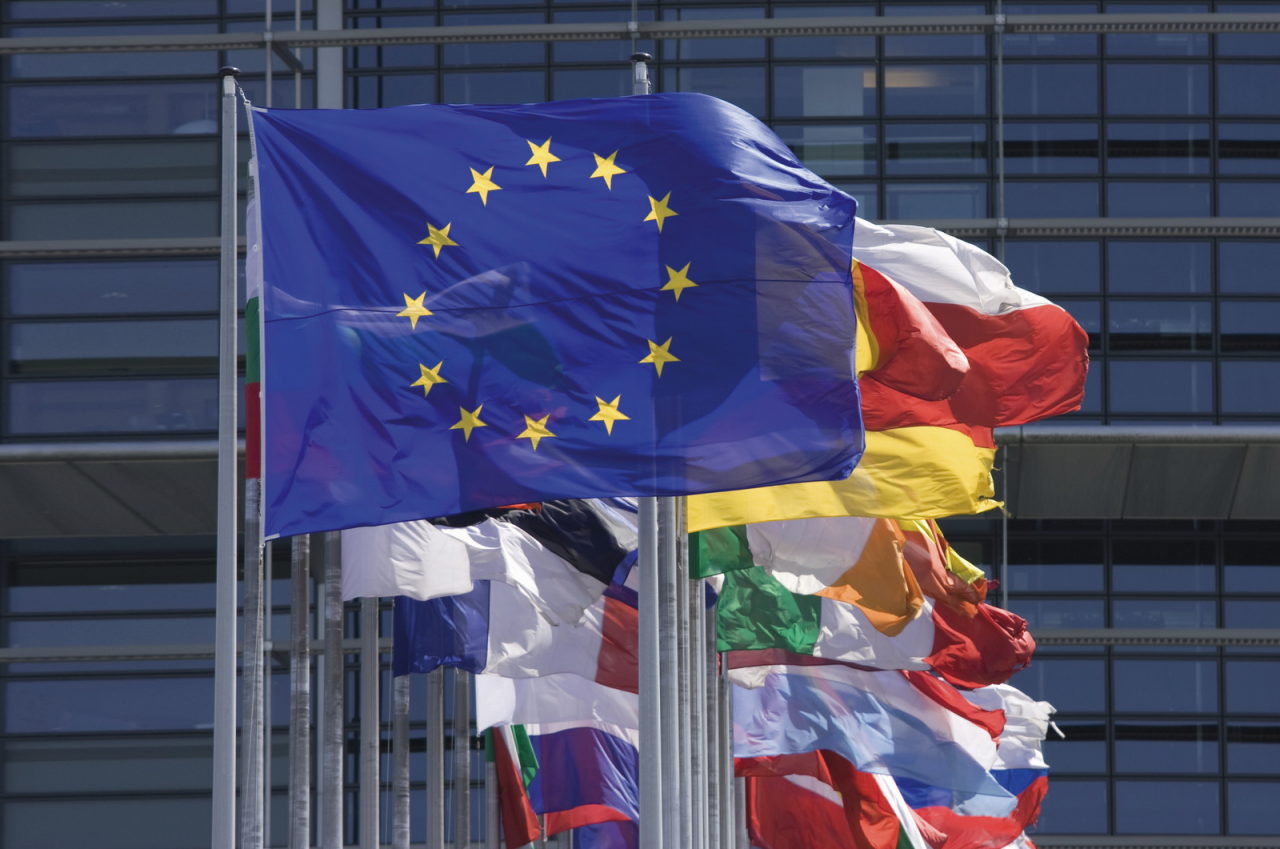EU foreign ministers approved key measures for economic and financial support to Ukraine
14 April 2014 News
Minister Kristian Vigenin participated today in the Foreign Affairs Council in Luxembourg, which approved key measures to provide economic and financial support to Ukraine. It adopted a decision providing up to €1bn in macro-financial assistance to Ukraine to support its economic stabilisation and its structural reform agenda. As a concrete measure to support the Ukrainian economy, the Council approved the introduction of temporary unilateral trade preferences for access of Ukrainian goods to the European market. By the end of April, it is expected that up to half a billion euros of EU customs tariffs a year will drop off, with which currently 94.7% of the industrial goods are taxed and 100% of agricultural production, imported into the EU from Ukraine.
The Council welcomed the Commission's decision to create a special Support Group for Ukraine to assist inthe implementation of an important set of structural reforms, aimed at strengthening the European perspective of the country. Among the main priorities is the signing of the remaining provisions of the Association Agreement, including Deep and Comprehensive Free Trade Area with Ukraine. This is expected to take place at the European Council in June 2014.
The EU foreign ministers encouraged Ukraine to continue to move ahead with its course of political reforms, ensuring the inclusion and protection of the rights of national minorities and their representation in state institutions. Holding of free, fair and inclusive elections is crucial for the stabilization and implementation of a peaceful transition in the country.
Ministers also discussed the latest developments in Ukraine. The Council condemned the actions undertaken by armed individuals in cities of Eastern Ukraine and urged any attempts to destabilize the country to come to an end, stressing the need to seek a peaceful solution through dialogue. The Council reiterated the steady and consistent EU position of not recognizing the annexation of Crimea and expressed support for Ukraine’s unity, sovereignty and territorial integrity. Minister Vigenin supported the proposal to include in the conclusions a call to Russia to distance itself from the recent events in Eastern Ukraine and to contribute to the stabilization of the situation.
The Council recalled that any further steps by the Russian Federation to destabilise the situation in Ukraine would lead to additional and far reaching consequences for the development of the relations of the European Union and its member states with Russia.
The foreign ministers of the EU member states also discussed possible measures to build trust and support the efforts to initiate effective negotiations between Ukraine and Russia, with a view of reducing tension and achieving a peaceful solution to the crisis, including through the multilateral mechanism with the participation of the EU, Ukraine, Russia and the United States.
As regards the letter sent by the Russian President to some EU member states, Minister Vigenin said that it is important to ensure the gas supplies to Ukraine and the gas transit through Ukrainian territory. Possible disruption of gas supplies can not be transferred as solely EU’s responsibility.
The Council reiterated its support for the political and economic integration with Moldova and Georgia, and the recent signing of the Association Agreement and the Deep and Comprehensive Free Trade Area with both countries. The forthcoming abolition of visa requirements for citizens of Moldova was welcomed.
Among the topics discussed at the Council was also the situation in Bosnia and Herzegovina. Ministers expressed serious concern that the EU integration process has stalled due to the lack of political will on the part of the BiH politicians and the continued use of divisive rhetoric. The Council underlined the need to improve the efficiency of government institutions at all levels, as well as their responsibility to overcome the difficult socio-economic situation, which was at the heart of the protests in the country. The EU's readiness to support the structural reforms and the fight against corruption, which will help strengthen the economy and create new jobs, was confirmed. Ministers reaffirmed the need for Bosnia and Herzegovina to fulfill all requirements and criteria in order to achieve progress in the EU integration process.
The discussion on Syria focused on the continuation of the political process and the convening of "Geneva-3“ international peace conference, the issue of humanitarian access in the context of the adopted UN Security Council resolution, as well as the need for progress in the destruction of Syria’s chemical weapons. Ministers discussed also possible EU’s actions to support the Joint Special Representative of the UN and LAS Brahimi for progress in the talks between the Syrian authorities and the opposition.
